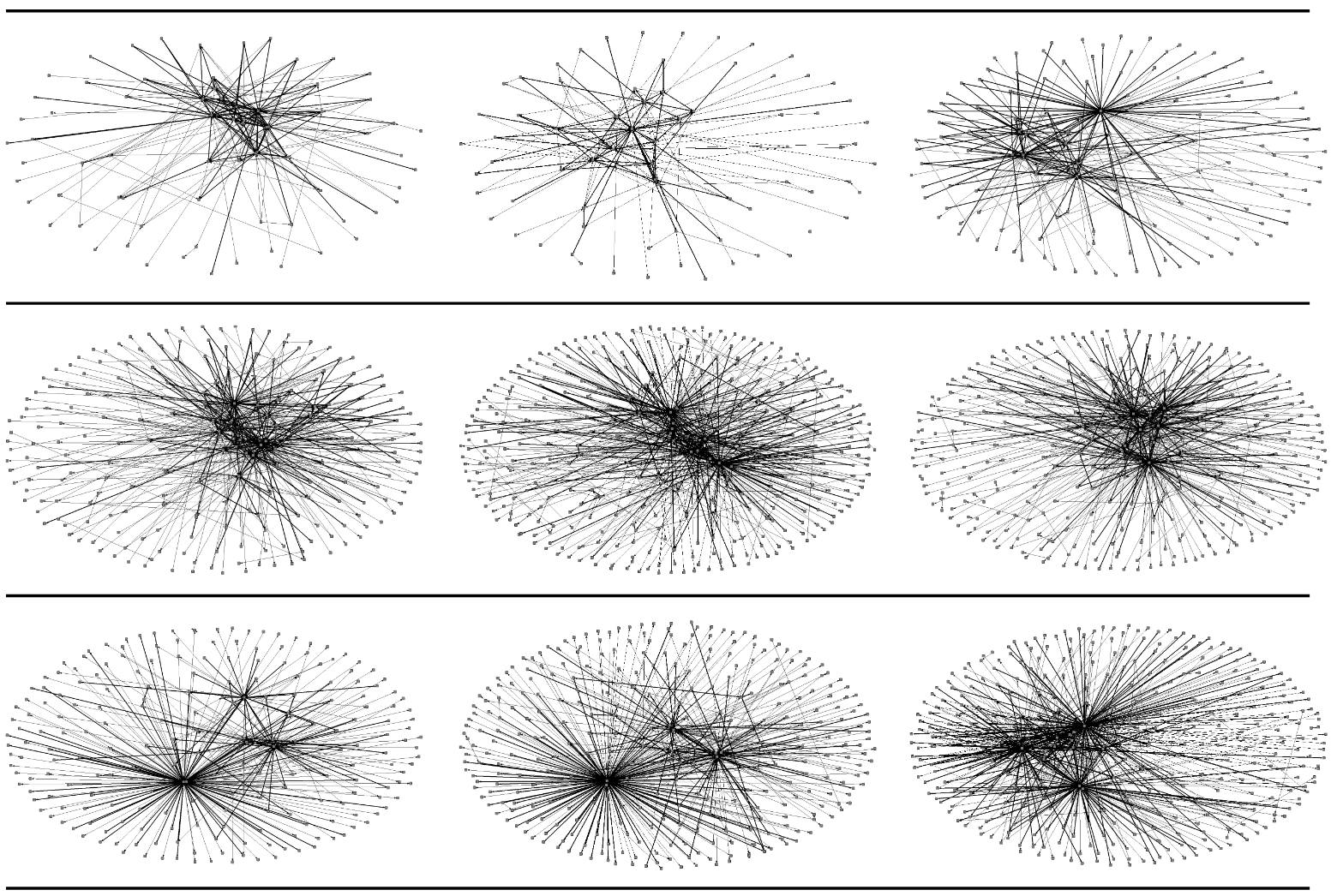Overview
My research (Google Scholar profile) has appeared in top-tier management journals of MIS Quarterly; Organization Science; Information Systems Research; and Harvard Business Review, as well as at international conferences sponsored by leading academic organizations, including the Academy of Management and the Association of Information Systems.
On October 26, 2020, an editorial I co-authored appeared on Washington Post: “Facebook serves as an echo chamber, especially for conservatives. Blame its algorithm.” Our editorial was referenced at The New York Times, The Guardian, Talking Points Memo, and Marketplace Tech Podcast. The editorial is based on a research project with Brent Kitchens and Peter Gray published in MIS Quarterly. This project has been covered in numerous media outlets including CBS News, USA Today, Galley by Columbia Journalism Review, Wired, Vox, NPR, and UVA Today.
Here’s a bit more of that standard biographical information expected of an academic
Major Research Publications
Multi-level view of Phishing Susceptibility
Why do employees remain susceptible to phishing attacks? We conceptualize the handling of phishing attempts as one of many information processing tasks employees encounter while fulfilling workplace responsibilities.
Online Innovation Communities
Where do valuable contributions originate from in online innovation communities?
Echo Chambers and Filter Bubbles
Echo chambers and filter bubbles are potent metaphors that encapsulate widespread public fear that the use of social media may limit the information that users encounter or consume online, thus failing to promote a shared experience of free-flowing information.
Theory Building with Big Data
How should we adapt our research norms, traditions, and practices to reflect newfound data abundance? How can we leverage the availability of big data to generate cumulative and generalizable knowledge claims that are robust to threats to validity?
Software Development
How should teams of experts working on knowledge-intensive projects be structured? Should they be hierarchical? Or will flexible, self-organized groups perform better?
Online Leadership
We find that beyond communication network position—in terms of formal role, centrality, membership in the core, and boundary spanning—those viewed as leaders by other participants, post a large number of positive, concise posts with simple language familiar to other participants.
Network Exchange Patterns
Network exchange patterns in online community communication networks are characterized by direct reciprocity and indirect reciprocity patterns and, surprisingly, a tendency away from preferential attachment.
Online Community Participation
Because virtual communities are perpetuated through voluntary contributions, the persistent peripheral participation of lurkers is sometimes viewed negatively as social loafing or free-riding. Alternatively, an individual may engage in legitimate peripheral participation when their passive monitoring of group activities educates, socializes and otherwise prepares them for more effective contribution.







